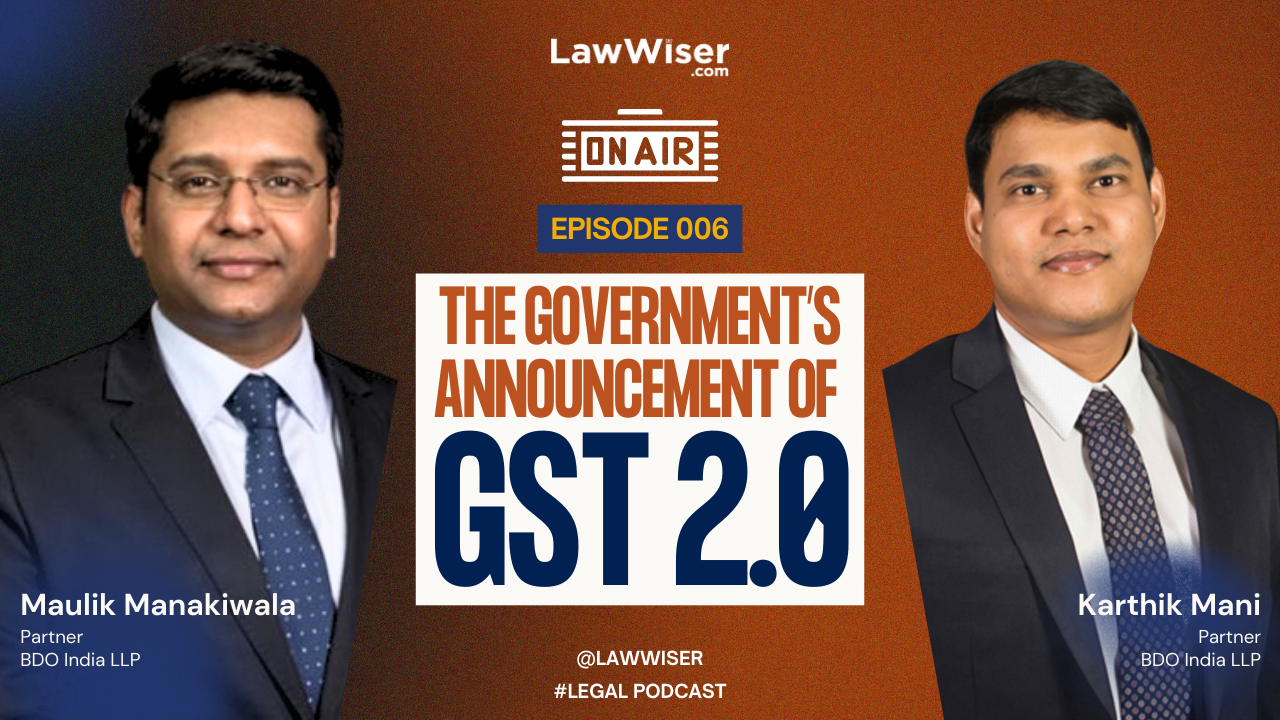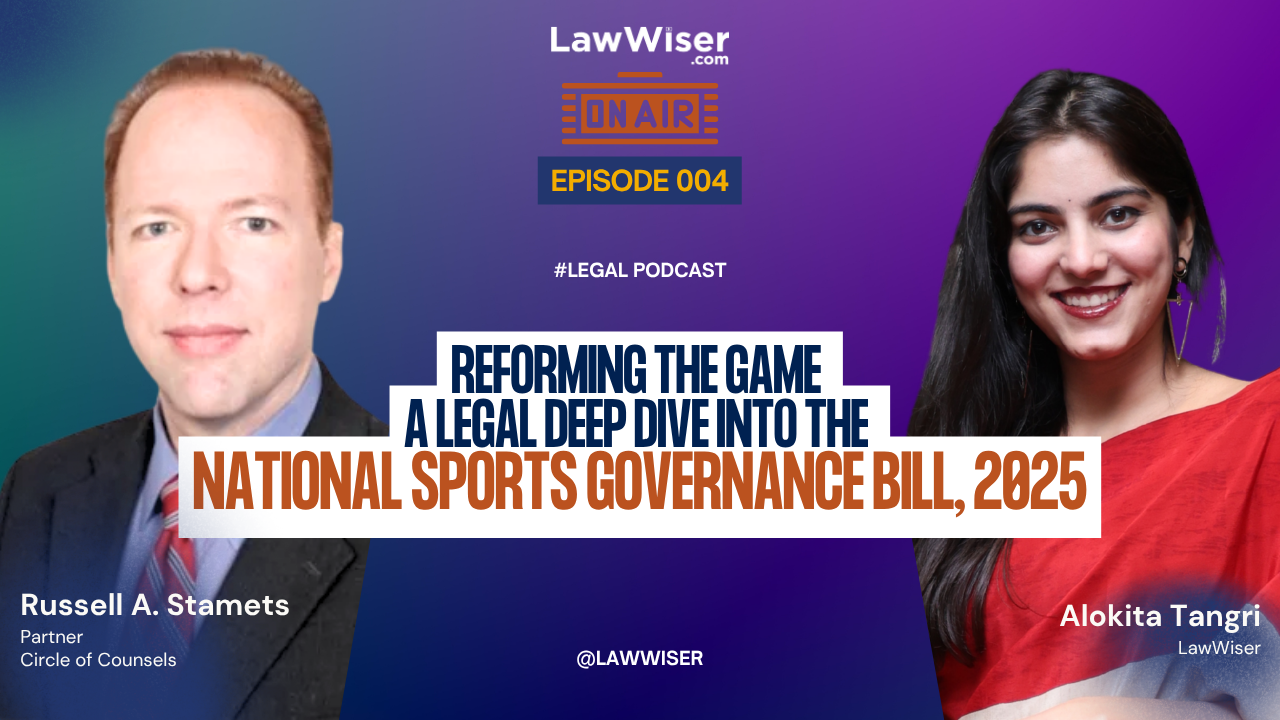FOREIGN SEAT OF ARBITRATION, VASANTH RAJASEKARAN – IN A MINUTE
There has been a lot of debate on the issue of whether Indian parties can elect a foreign seat of arbitration. Recently the Supreme Court of India answered in affirmative on this issue.
In the first LawWiser #Inaminute video powered by Phoenix Legal watch Vasanth Rajasekaran, Partner, Phoenix Legal, speak on the Foreign seat of arbitration. He is an expert in Dispute Resolution.
In a minute video watch now Vasanth decoding and sharing key points from the judgment passed in PASL Wind Solutions Pvt. Ltd. v. GE Power Conversion India Pvt. Ltd., (Civil Appeal No. 1647 of 2021).
To get featured in more such conversations, write us on editorial@lawwiser.com
Introduction to Foreign seat of arbitration
There has always been an essential consideration about the arbitration seat as parties enter into the arbitration agreement for easy and quick resolution of disputes.
Recently, the court’s judgments had a lot to tell us about the foreign seat of arbitration.
Let us have an insight into the foreign seat of arbitration.
The Insights
The Supreme Court has held in the landmark case of PASL Wind Power Solutions Pvt Ltd. that Indian Parties desirous of availing renewable energy sources should be allowed to appoint a Foreign seat of arbitration for the purpose.
The decision has, finally, paved the way for wind power plants in India and encouraged the growth and development of wind energy resources in India.
In the landmark case, the Supreme Court of India held that Indian law did not permit Indian citizens the right to appoint a Foreign seat of arbitration as their representative to an international arbitration forum.
The apex court has ordered Indian authorities to stop all mandatory representation and appointments of Foreign Parties to foreign tribunals. However, the apex court’s order does not bind the federal government to comply with this order.
According to the Public Policy Research Council of India, the main public policy reason the Indian government should not abide by the apex court’s order is public policy and the interests of Indian citizens, especially the poor.
According to the council, there are three main reasons for not complying with the apex court’s order.
Firstly, they argue that the service of a Foreign Party is essential to maintain the economic and social balance in the country. Secondly, they say that it is in the interest of Indian citizens for the tribunals to function functionally.
Thirdly, the poor public policy position of the government is cited as one of the primary reasons why the apex court did not direct the central government to abide by order of Public Policy.
Another opinion of the apex court cited the long tradition of the practice of Indian courts to reject or restrict the eligibility of its citizens to represent foreign corporations at the federal or state level.
As a result, Indian law has always accepted the non-reciprocal relationship between the Centre and the Indian lower house of parliament, the Rajasthan Assembly.
According to the apex court’s order, the Rajasthan government has not adhered to the spirit and letter of the apex court’s orders.
The court orders dated 4th March 2003 clearly state that it is not in the interest of the Indian citizens to allow a foreign representative to sit on the Indian court.
On the other hand, the government contends that the spirit and letter did not make the application made by the apex court to the Indian lower house of the order of the court.
They further maintained that the application was meant for the benefit of all categories of people across the society, rather than any particular set of people.
The arguments advanced by the government do not hold water if we analyze them properly. The apex court did not refer to any statistical study or research on the percentage of representation of foreign parties in Indian law firms.
It does not support their argument, as the percentage of representation of foreign parties in Indian law firms is relatively low.
If there was such a high percentage of representation of foreign parties in Indian courts, then why did the government ask the apex court to reverse its earlier decision? The answer is straightforward.
Conclusion
The government wanted to use the judgment dated 5th March 2003 to bring about socio-economic development in the country, which is opposite to the objective of obtaining a foreign seat of arbitration.
Thus the government wanted to ensure that its citizens had equal opportunity irrespective of their seat of arbitration. The question is, what can be done to reverse the decision of the lower court?
Currently, India does not have any uniform civil code. However, in practice, each country’s citizen has the right to become a member of any organization that caters to any individualized sector of people.
Since the country’s constitution does not provide for an equal opportunity in this regard, the government is forced to resort to allowing membership in organizations that cater to the various segments of society.
It can be understood as an attempt by the authorities to remedy the discrepancies existing in the country’s constitution regarding civil and political rights.











